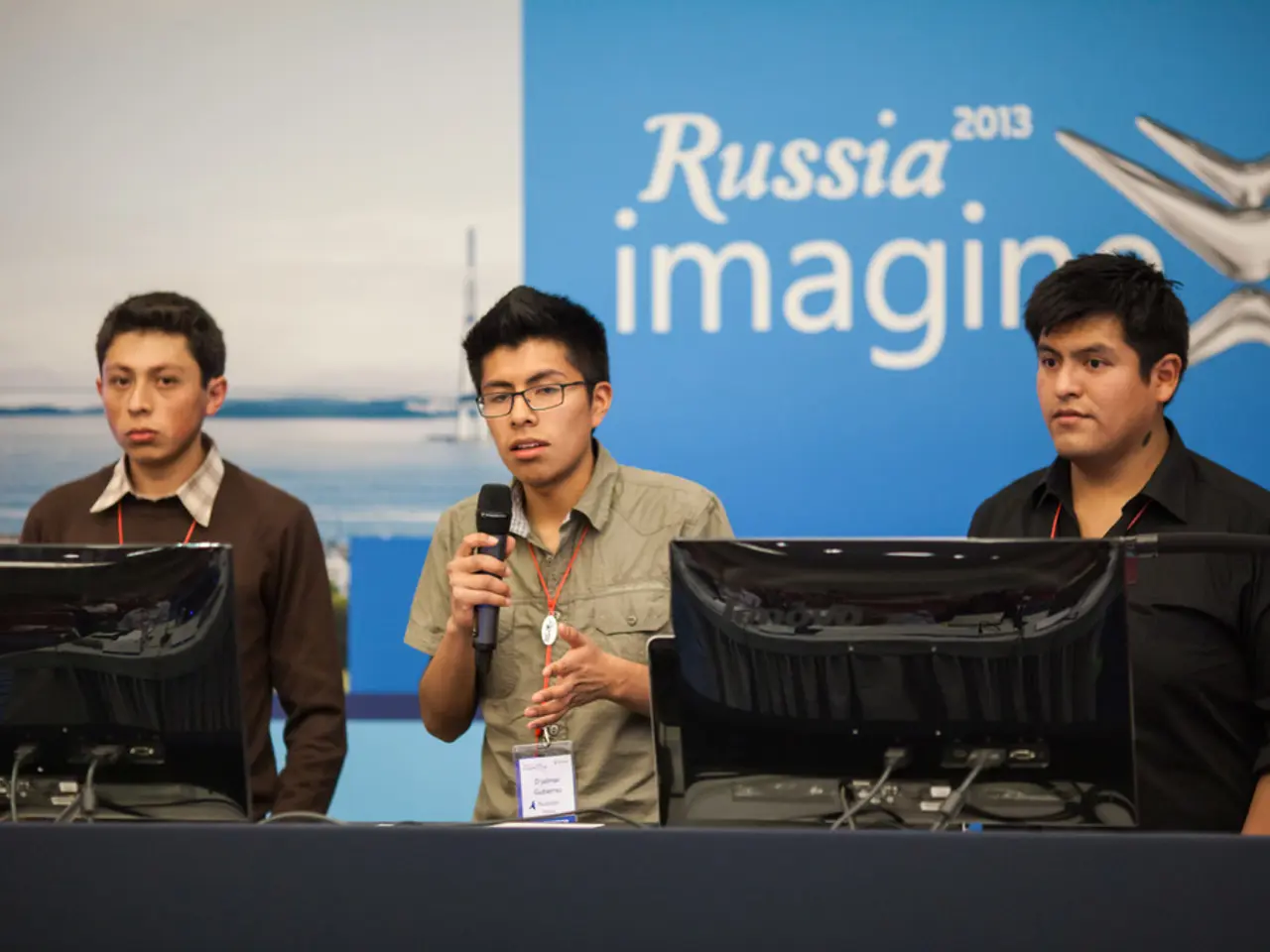Legislation for revoking Russian citizenship takes effect
Strengthened Law Revokes Russian Citizenship from Foreign Nationals
In a significant move aimed at maintaining order and increasing national security, the Russian government has substantially strengthened the law for revoking Russian citizenship from foreign nationals who have obtained it through naturalisation. The key legislation was passed on July 17, 2025 [1][2][3].
The law, led by Vyacheslav Volodin, Speaker of the State Duma, and Irina Yarovaya, the head of the Duma's migration policy commission, targets naturalized citizens and allows for revocation if they are convicted of an expanded list of serious crimes [1]. These offences include "crimes motivated by extremism," "justification of terrorism," "sabotage," and many others [2][3].
The primary reasons for this legal reform are to increase systemic pressure on political opponents and individuals seen as threats to national security or public order. The law reflects a governmental effort to control dissent and manage loyalty among new citizens, including those arriving through simplified naturalization processes or newly granted citizenship from occupied territories [1][2][3][4].
Key points about this legislation include:
- The law was passed by the Russian State Duma on July 17, 2025, increasing the list of criminal offenses that can lead to citizenship revocation from 64 to 81 [2][3].
- Only naturalized citizens are subject to revocation; those born with Russian citizenship are exempt [1].
- Citizenship revocation involves legal proceedings and sometimes requires a presidential decree, indicating significant executive discretion [1].
- The broadened list includes vague terms allowing interpretation that can target opposition activists and social media users accused of extremism-related offences [2][3].
- This measure fits into a broader strategy to verify loyalty, especially among "new citizens" from occupied Ukrainian territories and migrants, with plans to test and enforce "100% loyalty" to Russian values and laws [4].
- The revocation results in statelessness for many, depriving them of basic rights and effectively pushing them out of Russian society [2][3].
The Federation Council approved the law on July 25, and Russian President Vladimir Putin signed it on July 31. It is important to note that the law does not apply to Russian citizens residing in Donetsk, Luhansk republics, Kherson and Zaporizhzhia regions, Crimea, and Sevastopol [1].
This law underscores the Russian government's commitment to maintaining order and national security, particularly in the context of its geopolitical tensions and internal security policies [1][2][3][4].
[1] RIA Novosti [2] TASS [3] Interfax [4] The Moscow Times
Politics and general news outlets reported that the Russian government, with Vyacheslav Volodin and Irina Yarovaya at the helm, passed a law on July 17, 2025, concerning policy-and-legislation aimed at increasing national security. The law expands the criteria for revoking Russian citizenship from foreign nationals who have been naturalized, targeting them if they are convicted of an extended list of serious crimes, including those motivated by extremism and justification of terrorism.








